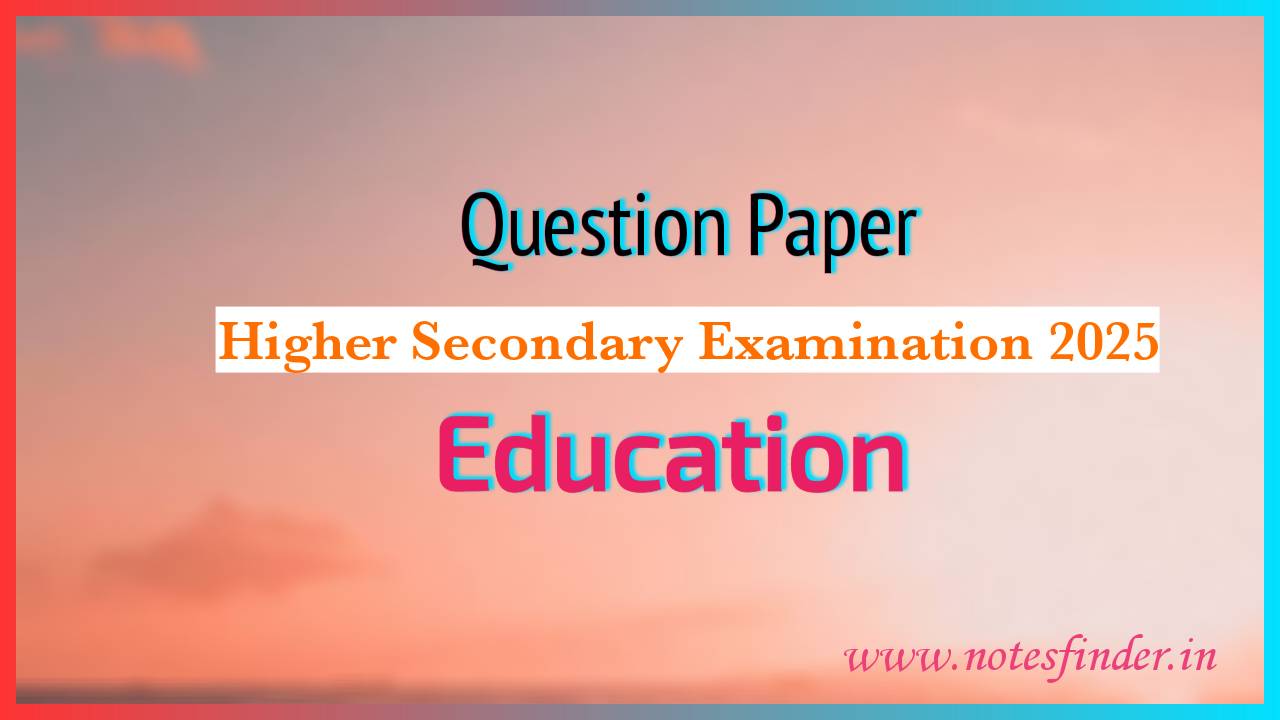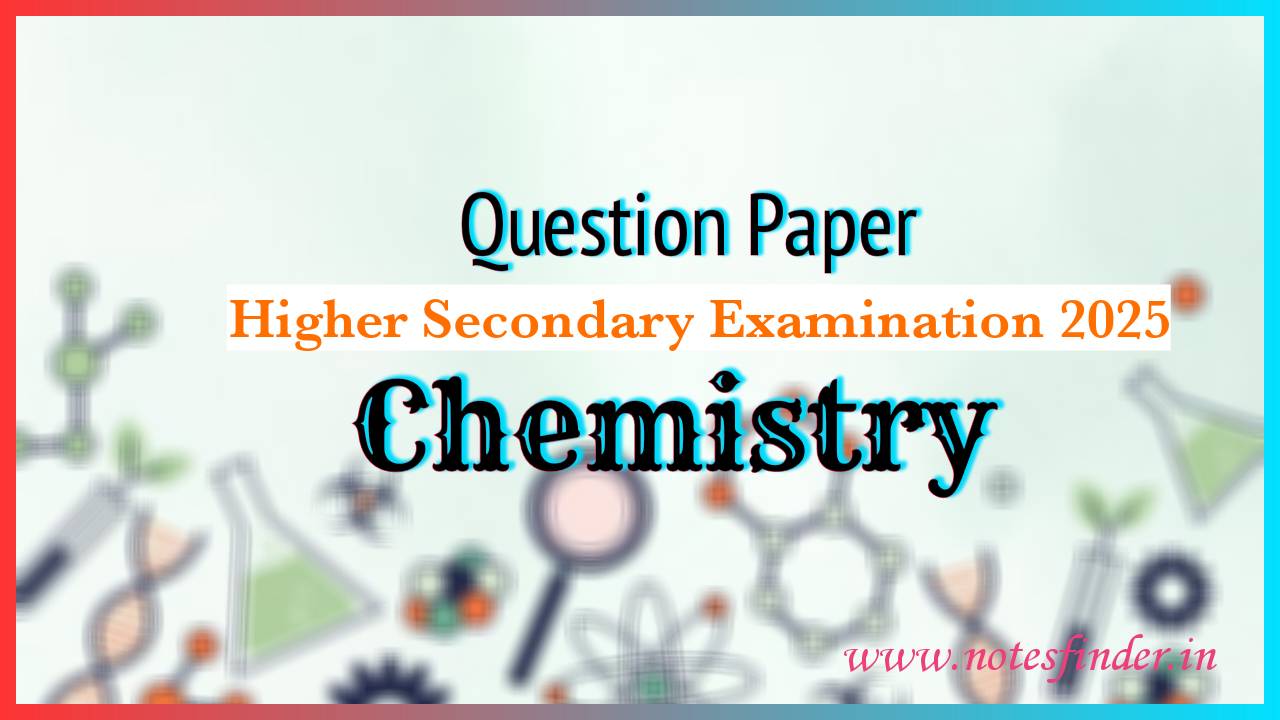1. The poetry of earth is never
(A) alive
(B) dead
(C) joy
(D) sad
Ans: B) dead
2. The Grasshopper takes the lead in –
(A) Spring
(B) Autumn
(C) Winter
(D) Summer
Ans: (D) Summer
3.When birds are faints with the hot sun, they rest –
(A) Beneath some pleasant weed
(B) In cooling trees
(C) In the newly plants
(D) Among some grassy hills
Ans: (A) Beneath some pleasant weed
4. The season mentioned in ‘The Poetry of Earth’ is –
(A) Summer
(B) Winter
(C) Antumn
(D) Summer and winter
Ans: (D) Summer and winter
5.Whose sound is heard from hedge to hedge ?
(A) Grasshopper
(B) Lamb
(C) Cuckoo
(D) Cricket
Ans: (A) Grasshopper
6. “From the – there shrills the cricket’s song”.
(A) Cooling trees
(B) Stove
(C) Mead
(D) Hedge
Ans: (B) Stove
7. The birds hide in
(A) cold trees
(B) shadow of trees
(C) cooling trees
(D) Shade of trees
Ans: (C) cooling trees
8. The Grasshopper is associated with the season
(A) Winter
(B) Summer
(C) Autumn
(D) Spring
Ans: b) Summer
9. The Grasshopper sings
(A) from hedge to hedge
(B) in the forest
(C) hiding in cooling trees
(D) in a hut
Ans: (A) from hedge to hedge
10. The hot sun makes all the birds
(A) sing in joy
(B) fly away to a distant land
(C) Faint
(D) Gay
Ans: (C) Faint
11. The sonnet ‘The Poetry of Earth’ is also known as
(A) Summer and Winter
(B) On the Grasshopper and the Cricket
(C) Nature
(D) Songs of Nature
Ans: (B) On the Grasshopper and the Cricket
12. The frost has wrought
(A) Increasing cold
(B) Delight
(C) silence
(D) increasing warmth
Ans: (C) silence
13. The music of summer is heard in
(A) Voice of the Grasshopper
(B) song of cricket
(C) song of cuckoo
(D) song of birds
Ans: (A) Voice of the Grasshopper
14. A winter evening is
(A) Hazy
(B) Silent
(C) stormy
(D) Delightful
Answer: (B) Silent
15. The frost has wrought a
(A) Noise
(B) Violent
(C) Silence
(D) Music
Ans: (C) Silence
16. ‘The Poetry of Earth’ is
(A) a sonnet
(B) an ode
(C) a lyric
(D) a poem
Ans: (A) a sonnet
17. The song cricket is
(A) Dull
(B) sweet
(C) silent
(D) shrill
Ans: (B) shrill.
18. “The poetry of earth is never dead…”- Here ‘poetry’ refers to-
(A) music
(B) composition
(C) rhythm
(D) narration
Ans: (A) music
19. “The poetry of earth is never dead :” Here ‘earth’ refers to
(A) rock
(B) soil
(C) globe
(D) nature
Ans: (D) nature
20. According to Keats, birds are faint with –
(A) storm
(B) cold
(C) hot sun
(D) wind
Ans: (C) hot sun
21. “When all the birds are faint with the hot sun, ..” – Here the word ‘faint’ means
(A) conscious
(B) dead
(C) injured
(D) unconscious
Ans: (D) unconscious
22. The birds hide in cooling trees due to
(A) rain
(B) frost
(C) heat
(D) landslide
Ans: (C) heat
23. The sun in the poem ‘The Poetry of Earth’ is
(A) mild
(B) pleasant
(C) yellow
(D) hot
Ans: (D) hot
24. “And hide in cooling trees, …”- The word ‘hide’ means –
(A) taking shelter
(B) going away
(C) making fun
(D) only dancing
Ans: (A) taking shelter
25. ” … a voice will run” — It is the voice of
(A) bee
(B) Cricket
(C) Grasshopper
(D) bird
Ans: (C) Grasshopper
26. The voice of the Grasshopper runs from-
(A) field to field
(B) flower to flower
(C) hedge to hedge
(D) forest to forest
Ans: (C) hedge to hedge
27. The Grasshopper sings in
(A) winter
(B) summer
(C) autumn
(D) spring
Ans: (B) summer
28. The voice of the Grasshopper will run from hedge to hedge about freshly cut
(A) trees (B) garden (C) Mead (D) leaves
Ans: (C) mead
29. “… a voice will run From hedge to hedge” – The word ‘hedge’ means a line of
(A) hazes
(B) buds
(C) hazels
(D) bushes
Ans: (D) bushes
30. The Grasshopper is an agent of
(A) summer
(B) winter
(C) autumn
(D) spring
Ans: (A) summer
31. … about the new-mown mead; ” – The word ‘mead’ means –
(A) pond
(B) middle
(C) meadow
(D) crop
Ans: (C) meadow
32. “That is the Grasshopper” – Here That refers to ——— the of the Grasshopper.
(A) beauty
(B) liveliness
(C) idleness
(D) voice
Ans: (d) voice
33. ” – he takes the lead” – Who is ‘he’ referred to here?
(A) the poet
(B) the Grasshopper
(C) the Cricket
(D) the fly
Ans: (B) the Grasshopper
34. In the scorching heat of summer, the Grasshopper feels
(A) sorrow
(B) tired
(C) happy
(D) safe
Ans: (C) happy
35. “In summer luxury” – Here the word ‘luxury’ means –
(A) richness
(B) delight
(C) brightness
(D) comfort
Ans: (B) delight
36. “In summer luxury…” Who enjoys ‘summer luxury’?
(A) the Cricket
(B) the bird
(C) the Grasshopper
(D) the poet
Ans: (C) the Grasshopper
37. “- he has never done With his delights ;…” Who is ‘he’ referred to here?
(A) the poet
(B) the bird
(C) the Cricket
(D) the Grasshopper
Ans: (D) the Grasshopper
38 “… for when tired out with fun” – Who is tired out with fun?
(A) the poet
(B) the Cricket
(C) the birds
(D) the Grasshopper
Ans: (D) the Grasshopper
39. “He rests at ease beneath some …. ” — Who is ‘he’ referred to here ?
(A) the poet
(B) the Grasshopper
(C) the poet’s friend
(D) the Cricket.
Ans: (B) the Grasshopper
40. “He rests at ease beneath some …” – The expression ‘at ease’ means –
(A) easily
(B) calmly
(C) comfortably
(D) readily
Ans: (C) comfortably
41. The Grasshopper is tired out with
(A) heat
(B) cold
(C) fun
(D) hard work
Ans: (C) fun
42. How is the weed as mentioned in the sonnet ‘The Poetry of Earth’ ?
(A) pleasant
(B) unpleasant
(C) cold
(D) frosty
Ans: (A) pleasant
43. How is the winter evening in the sonnet “The Poetry of Earth’?
(A) pleasant
(B) lone
(C) noisy
(D) cold
Ans: (B) lone
44. What has wrought a silence on a lone winter evening?
(A) the Cricket
(B) the sun
(C) the frost
(D) the Grasshopper
Ans: (C) the frost
45. In “The Poetry of Earth” the frost represents
(A) the summer
(B) the autumn
(C) the spring
(D) the winter
Ans: (D) the winter
46. “……. when the frost Has wrought a silence,” — The word ‘wrought’ means
(A) made
(B) shown
(C) spoken
(D) Sung
Ans: (A) made
47. ‘… from the stove there shrills” – What shrills from the stove?
(A) the Grasshopper’s voice
(B) the Cricket’s song
(C) the bird’s song
(D) none of the above
Ans: (B) the Cricket’s song
48. “… from the stove there shrills” – The word ‘shrill’ means
(A) musical sound
(B) high sound
(C) piercing sound
(D) low sound
Ans: (B) high sound
49. The Cricket finds comfort somewhere near
(A) a forest
(B) a new-mown mead
(C) a stove
(D) a bush
Ans: (C) a stove
50. The Cricket is an agent of
(A) winter
(B) monsoon
(C) summer
(D) autumn
Ans: (A) winter
51. ” … in warmth increasing ever,” What is increasing ever in warmth?
(A) The Grasshopper’s song
(B) The bird’s song
(C) The Crickeť’s song
(D) The poet’s song
Ans: (C) the cricket’s song
52. ” … one in drowsiness half lost” – One is half lost in drowsiness due to a spell of-
(A) frosty weather
(B) summer weather
(C) magic
(D) rains
Ans: (A) frosty weather
53. And it seems to one in drowsiness—” The Cricket’s song seems to one to be the song of
(A) the bird
(V) the nature
(C) the Grasshopper
(D) the poet
Ans: (C) the Grasshopper



